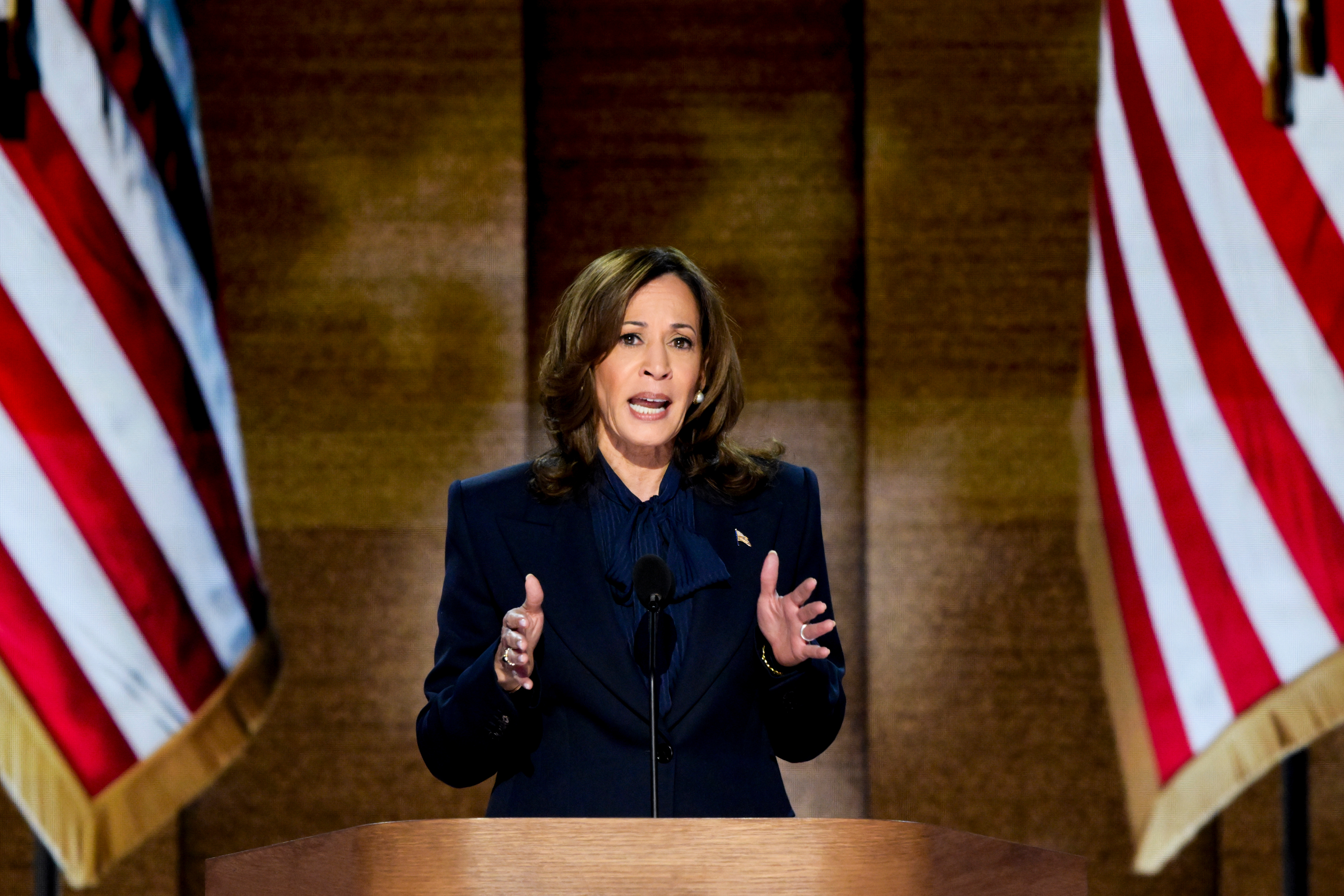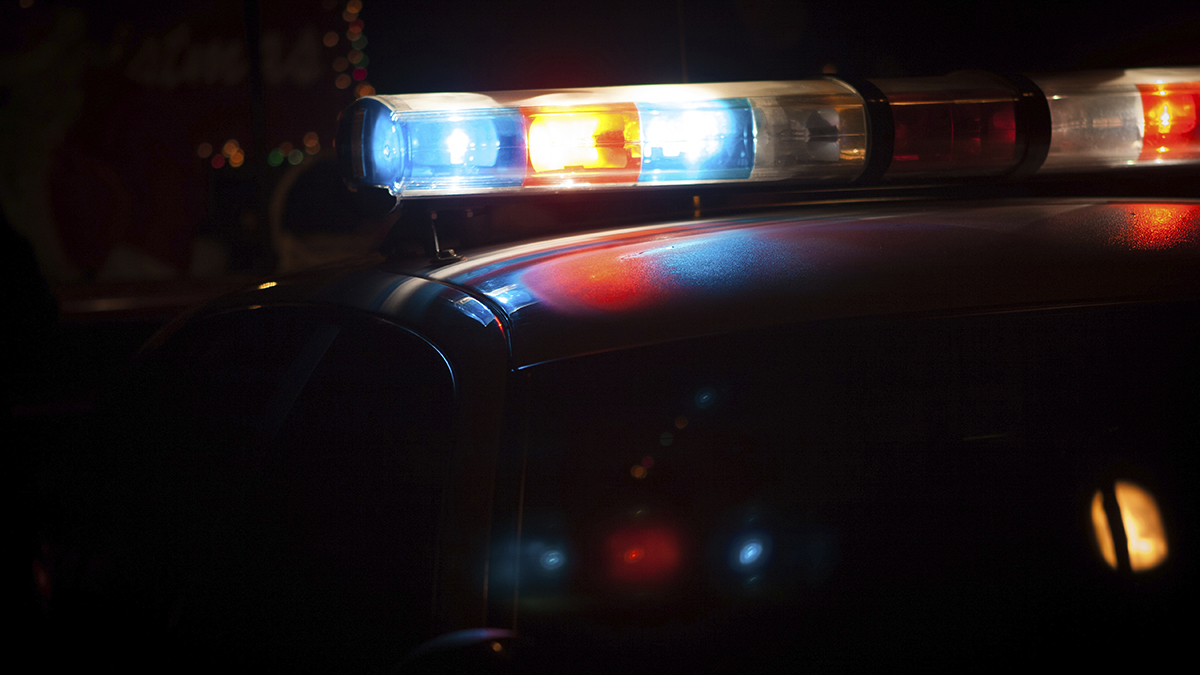The Los Angeles City Council voted Wednesday to pay up to $30 million over four years to fund job-readiness programs for gang members and others who successfully sued the city over its gang injunction curfews.
If the settlement receives federal court approval, the funds would be doled out to nonprofits that will offer job training, apprenticeship programs and tattoo-removal for gang members and others who were affected by the 26 gang injunctions challenged in the class-action lawsuit.
The city would pay at least $1.125 million but no more than $7.5 million annually into the programs over four years. The City Council also agreed to no longer enforce curfew provisions that were deemed unconstitutionally vague as a result of the 2011 lawsuit, and to pay additional funds toward the education of the minor daughters of two of the plaintiffs.
Olu K. Orange, an attorney for the plaintiffs, said the curfews "turned the city of Los Angeles into a Jim Crow-era 'Sundown Town' -- forcing several thousand black and brown residents indoors on a nightly basis."
"These individuals are part of the Los Angeles community and this settlement is a step by city leaders toward showing them that their lives do matter," he said.
The gang injunctions covered under the federal class-action case were instituted as early as the late 1980s and are still in effect.
The injunctions could have affected an estimated 6,000 people, many whom were never in a gang but were nevertheless subject to the restrictions either because of their age and where they lived or because they were associated with someone who was served with an injunction, Orange said.
News
Top news of the day
The lead plaintiff, Christian Rodriguez, for example, was arrested for violating a gang injunction curfew, but he was never a member of a gang, Orange said.
Rodriguez said the injunctions prevented him from doing simple things like helping his mom with the groceries at night and amounted to "a form of psychological abuse on a whole generation of young people of color."
The settlement also calls for an expedited process for getting taken off of the injunction list and giving those people access to free legal service.
City Attorney Mike Feuer said the settlement ends a five-year court battle by creating an "innovative pathway for individuals served with gang injunctions to gain the job skills they need to turn their lives around."
Councilman Paul Krekorian said he was "proud that we reached a constructive resolution of this case that focuses on gang prevention and intervention efforts."
The lawsuit stemmed from the 2009 arrests of Rodriguez and his friend Alberto Cazarez, who were cited for violating a 10 p.m. curfew when they walked out of a community center they helped build in the Mar Vista Gardens housing project. The injunction zone included the housing project and targeted the Culver City Boys gang.
When Rodriguez and Cazarez were arrested, the Los Angeles Police Department should already have been aware that the California courts had ruled in 2007 such curfew provisions are unconstitutional, Orange said.
A list of the gang injunctions covered by the ruling can be found here.



